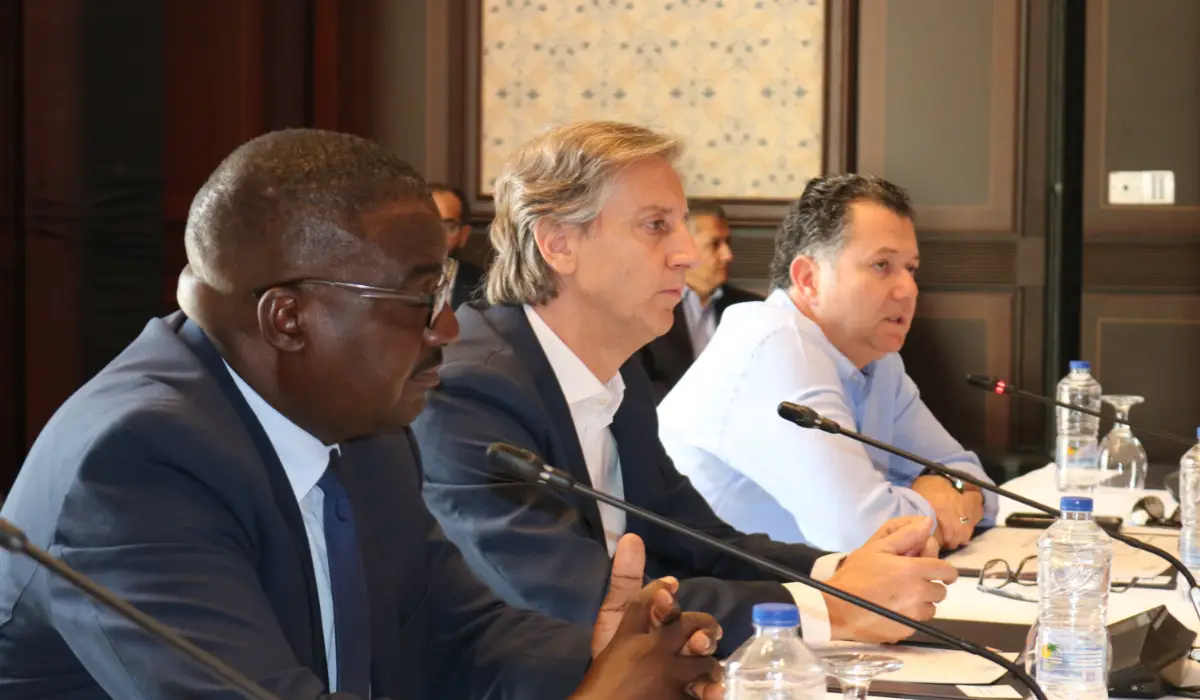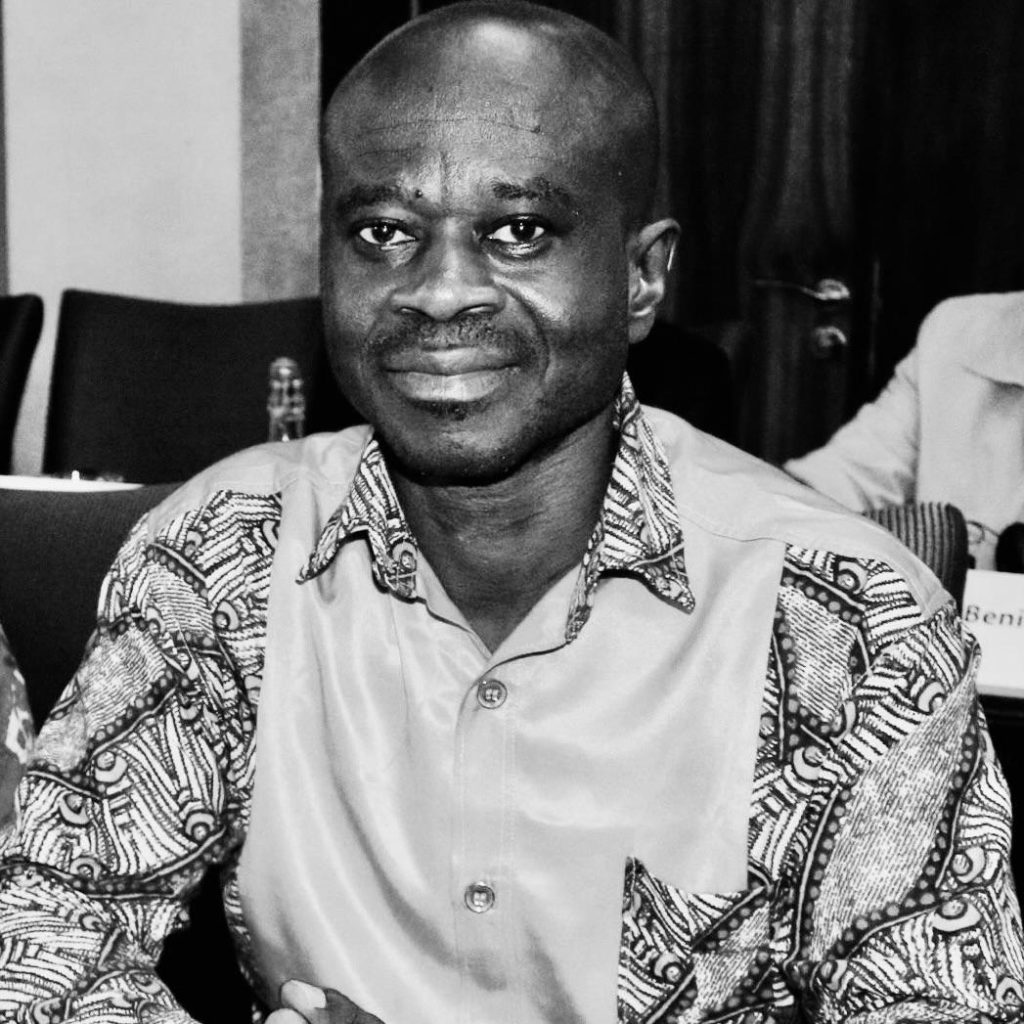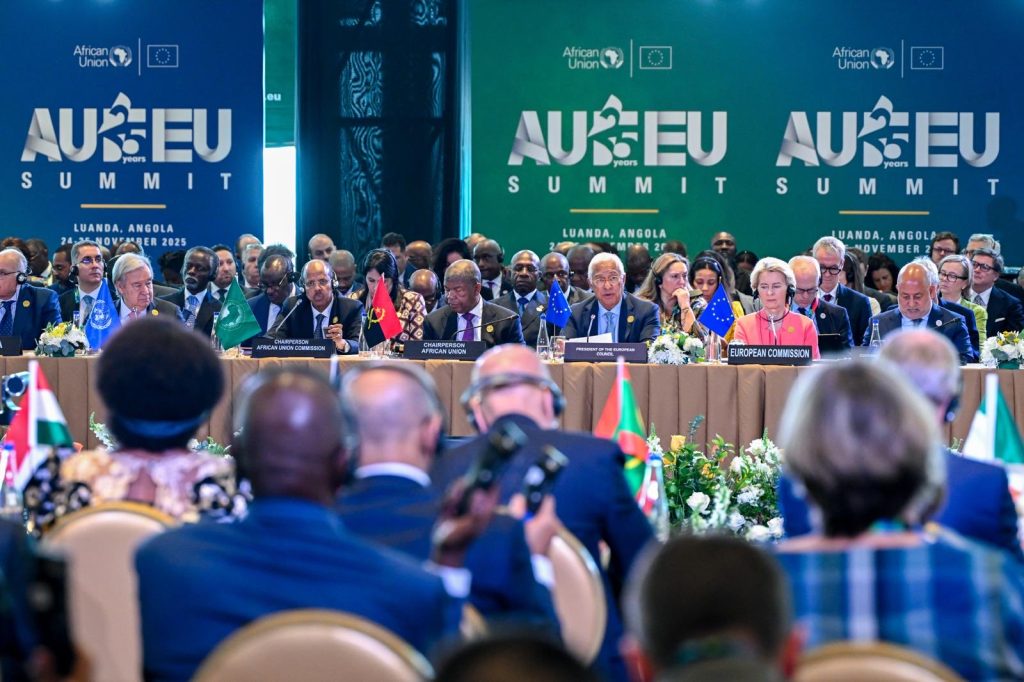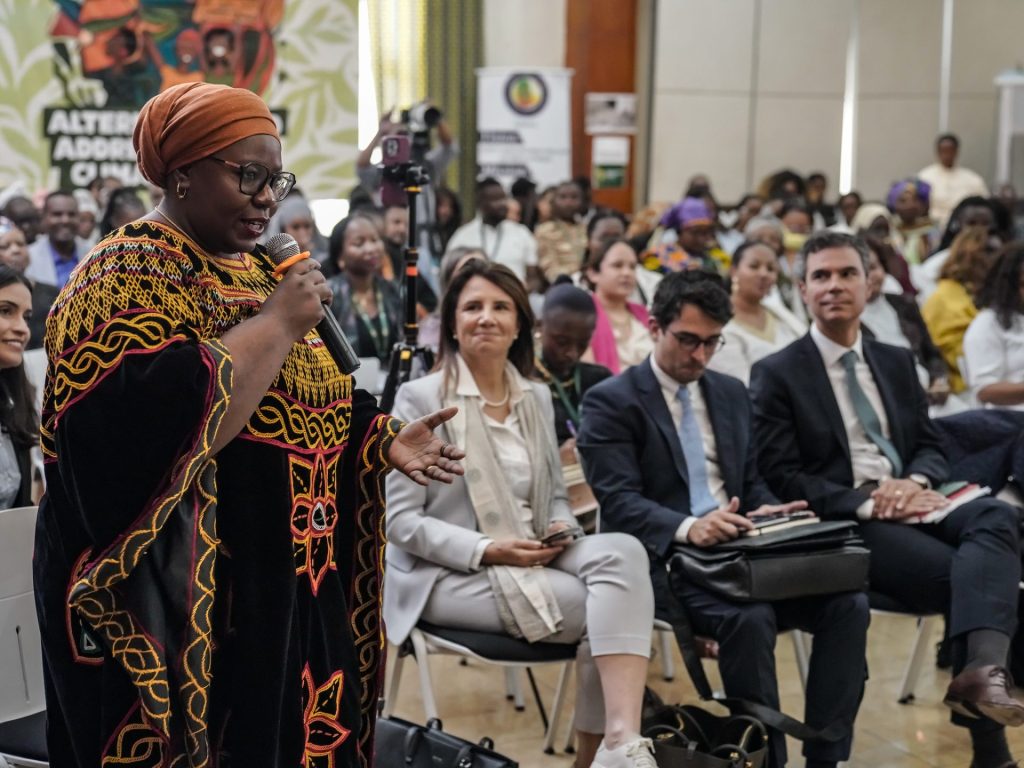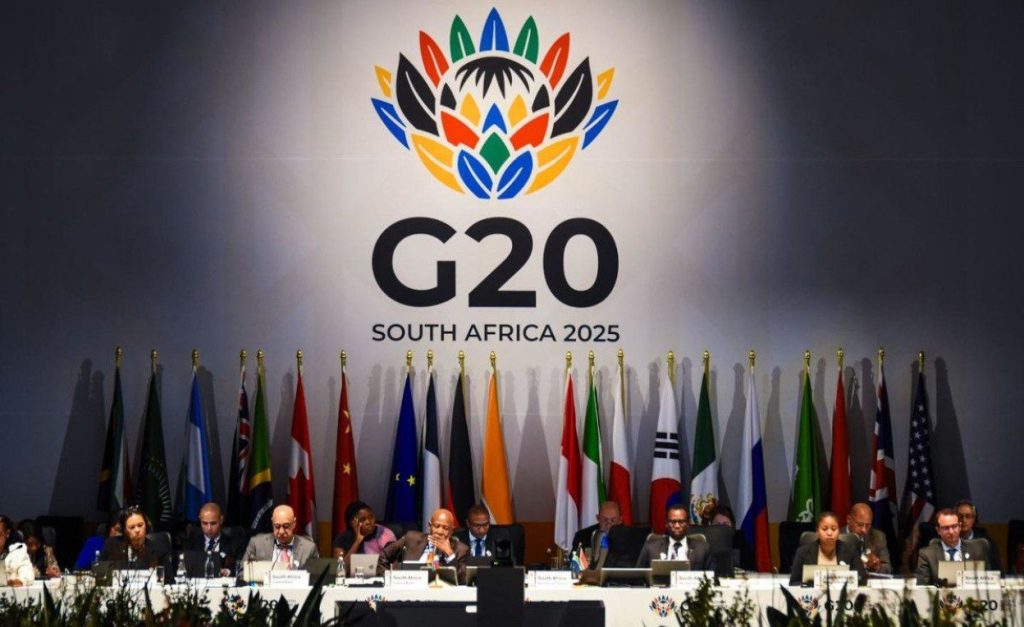The diverse interests of the African region in the UNFCCC negotiations are represented by the AGN. Acting for Africa’s 54 states, it is the second largest negotiation bloc after the G77 plus China. Given renewed interest in Africa’s critical minerals for the global energy transition, newly discovered oil and gas reserves across the continent, its renewable energy potential, and its young population, there has been a growing interest in the AGN’s positions in the UNFCCC. However, a lack of research has left it poorly understood.
The AGN is able to partially overcome its lack of political and economic clout and diplomatic capital through the sheer breadth of its membership, but it also brings with it its own challenges. As it is with all UNFCCC negotiating coalitions, the AGN is not immune from internal political wrangling. Given the broad span of interests it represents it is unsurprising that the group has different or divided environmental and political priorities, and a plurality of coalitions within it. This can lead to incoherence or fragmentation in its messaging. The group’s position is further complicated by the interests and priorities of international organisations that overlap in membership with the AGN, such as the Organisation for Petroleum Exporting Countries (OPEC). Moreover, some countries in the region receive preference from developed countries compared to others, and individual AGN member states have different relationships with global political powers. This complicates the group’s ability to act in unison particularly when these foreign powers enact policy measures that benefit some African countries but disadvantage others.
Lastly, AGN member states belong to several coalitions within the UNFCCC. All these coalitions are with other developing countries typical of the South–North dual character of climate politics. For example, in addition to being a member of the AGN, Egypt is also a member of the Arab Group, the G77 plus China, and the group of Like Minded Developing Countries. In this sense the AGN operates more as ‘a tacit union’, rather than under ‘a collective agreement’. This suggests that it is permissible for member states of the AGN to pursue their unique interests. While this may complicate group positioning, it is also a pragmatic arrangement as it is impossible for the common position of the AGN to accommodate all the peculiarities of each of its 54 members.
Notwithstanding its challenges the AGN has consistently forged policy positions that are, by now, relatively well known within negotiation circles. First and foremost, it has advocated for measures that respond to the climate change paradox facing the African region, where it has negligible historic and minimal current contribution to global emissions while it is highly vulnerable to the impacts of climate change. It has also sought to champion adaptation as the principal regional response to climate change. The group has also been vocal in its calls for developed countries to deliver on their climate finance obligations under the UNFCCC and Paris Agreement. Among these, the impact of the agency of the AGN is most visible in advancing the treatment of adaptation. For more than two decades, the AGN has also sought to advance the recognition of special needs and special circumstances of Africa. Having these needs separately recognised, it is thought, would facilitate more equitable financial flows to the continent and prioritise the region in response planning and related policy measures. However, the AGN has found it very difficult to make meaningful progress in this. Even the Paris Agreement is silent on this aspect.
Recognising that the multilateral climate change regime is not, and has never been, a static regime, the AGN can still differentiate itself from other developing country coalitions while positioning itself among agenda setters. To do this, it should expand its focus beyond governance structures (eg, for finance, for adaptation, for loss and damage) and invest its technical resources and diplomatic capital in influencing the institutional features of the emerging climate regime. These could include efforts to specify burden sharing criteria of the remaining global carbon budget, promote alternative ways of expressing equity in Nationally Determined Contributions, develop sets of global common reference metrics for meaningful consideration of adaptation and present practical options on how to make ‘finance flows consistent with a pathway towards low greenhouse gas emissions and climate-resilient development’.
Secondly, the AGN members should use the different negotiation streams within the UNFCCC to challenge the system that currently penalises states for geographic and economic vulnerability. It should ramp up its efforts to clearly articulate approaches that deliver direct access to finance for mitigation and adaptation projects in Africa that circumvents the prevailing poor credit ratings, high level of debt, and an outdated global financial architecture.
The AGN should also leverage the success of social movements in framing, socialising, mobilising, advocating and sustaining a cause in the UNFCCC to advance AGN positions that are aligned with the priorities of those social movements.
A lingering omission in the AGN common position is the issue of human rights. Characterised by many fragile states, the AGN could be missing an opportunity to signal to the global climate community how the intersections between human rights and climate change response affect national and regional climate interventions.
Lastly, the AGN should articulate an explicit strategy to balance its traditional relationships with the established economic powers while intentionally strengthening its ties, in the UNFCCC negotiations, with the emerging economic powers of the Global South. The rise of other regional blocs such as the BASIC Group (aligned with the now expanded BRICS group) presents one opportunity to do so.
Confronted with walking a delicate balance between advancing individual country priorities on the one hand and demonstrating cohesion as a negotiating group on the other, the agency of the AGN in the global governance of climate change has grown in prominence over time. The AGN holds a critical symbolic status of moral and ethical dimensions within the UNFCCC negotiations. It can leverage this by continuing to walk this balance, but also advancing a more deliberate agenda on key issues which its diverse membership is able to align on.

